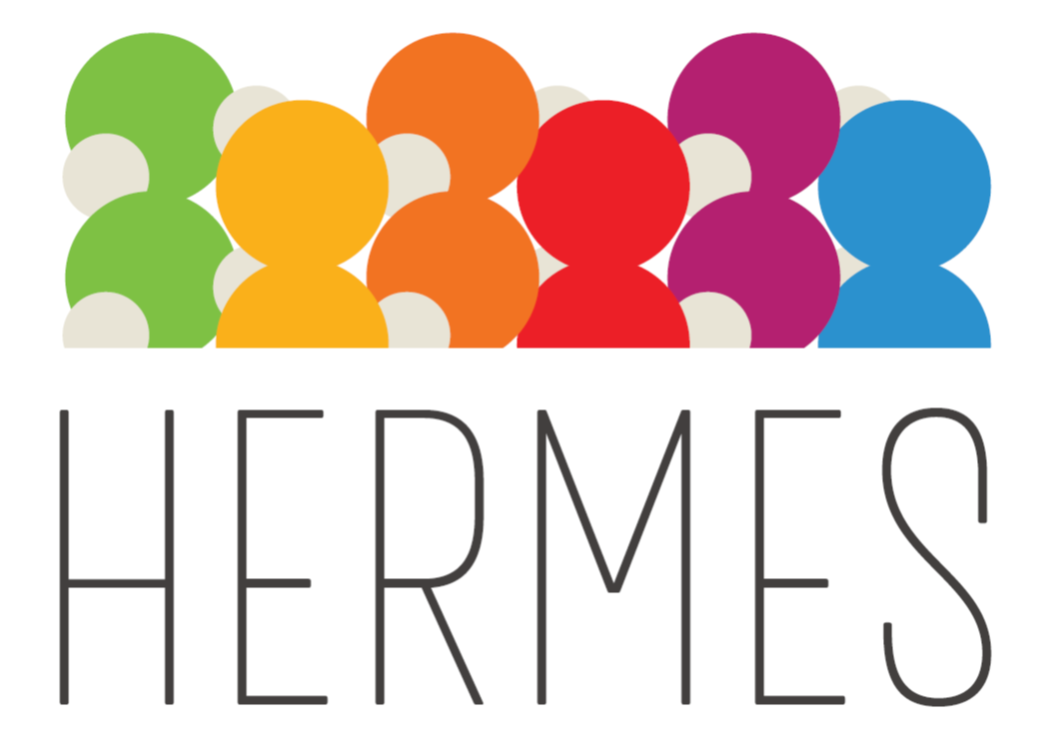HERMES (2020-2025)
Project objective
Disruptive energy generation technologies are urgently required to stave off catastrophic climate change. Now, more than ever, is the time to also to consider unconventional options. The subtopic c. Breakthrough zero-emissions energy generation for full decarbonisation of this call aims to answer this need. All of the research areas identified by the call are highly unconventional. As electrochemists, we will contribute to this call by working on hydrogen-metal systems. We propose to study hydrogen (and deuterium) evolution in unconventional conditions, i.e. on metal-hydrides and the main motivation for this work is based on the recent Nature perspective “Revisiting the cold case of cold fusion”. When loading deuterium into the Pd lattice, there is a chance that something very interesting will happen, resulting in production of excess heat. The first report of such reaction was published 30 years ago, but quickly dismissed by the scientific community. But what if there is really something? Can we afford to not to investigate this further, considering the current climate crisis? Google has recently funded a research project in this area, getting some interesting results but failing to produce excess heat. However, the team concluded that it was very difficult to achieve the required conditions reported for starting the excess heat production, and that “there remains much interesting science to be done in this underexplored parameter space.” This is a high risk/high reward project, but with aid of all the improved techniques and tools developed in the last 30 years, we believe that it is worth revisiting the topic. We will use state-of-the-art technologies to prepare, characterize and study electrochemical Pd-D system, both at room temperature and at temperatures up to 1100 K. We will focus on method development, with the special emphasis on reproducibility. If no nuclear effects are observed, we will gain information of the isotope effects for hydrogen evolution.
In pursuit of the cold fusion dream as a solution to the world's energy needs
In 1989, electrochemists Martin Fleischmann and Stanley Pons made headlines with their claim to have produced excess heat using a simple apparatus working at room temperature. Their experiment involved loading deuterium in a palladium metal. As many experimenters failed to replicate their work, cold fusion remains a controversial topic in the scientific community. Nevertheless, a vociferous minority still believes in this elusive phenomenon. Since 2015, Google has been funding experiments into cold fusion. Although no evidence has been found for this phenomenon, it is clear that much pioneering research remains to be conducted in this poorly explored field. The EU-funded HERMES project will employ advanced techniques and tools developed over the last few decades to investigate anomalous effects of deuterium-loaded palladium at room and intermediate temperatures.
Publications:
1. Oxygen-Evolution Reaction by a Palladium Foil in the Presence of Iron, https://doi.org/10.1021/acs.inorgchem.0c03746
2. Elucidation of Structure–Activity Relations in Proton Electroreduction at Pd Surfaces: Theoretical and Experimental Study, https://onlinelibrary.wiley.com/doi/10.1002/smll.202202410
3. Computational unravelling of cathodic hydride formation on palladium surfaces, https://doi.org/10.1016/j.ijhydene.2023.12.019


